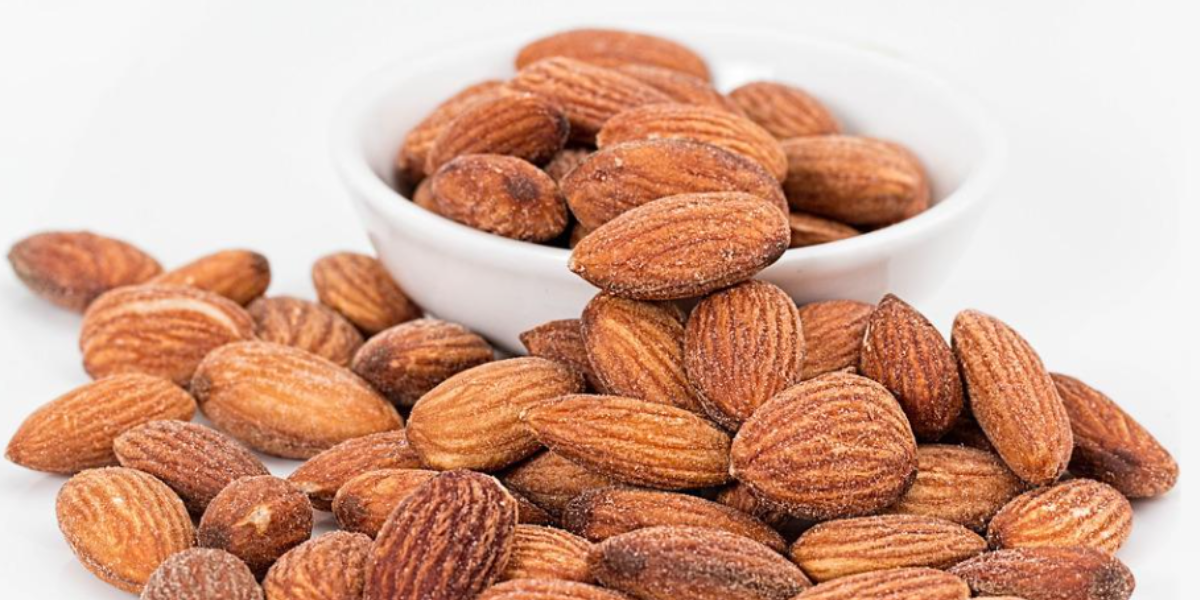Dates are the delicious fruits of the date palm tree (Phoenix dactylifera) which grow in small clusters and are found in many tropical regions worldwide. They can be eaten fresh as indicated by their smooth skin, or dried as indicated by their wrinkled skin.
Most dates sold in Western countries are dried. In recent years, dates have become quite popular due to their alleged numerous health benefits. Do dates for constipation work? Let’s find out!
Dates: Background Info

First, let’s begin with the origin of dates. Dates are one of the earliest cultivated fruits in history. In fact, dates have been a Middle Eastern staple food for thousands of years and both the fruit and the plant are considered sacred by the Muslims.
The name ‘date’ is derived from the Greek word daktulos which pertains to fingers and is probably inspired by the fruit’s shape.
Dates are widely eaten around the world and are highly prized in many cultures and religions. They can be consumed as stuffed dates along with different nuts, blended to make no-bake ‘energy balls’, or incorporated into salads, stews, and smoothies.

Dates are quite chewy to eat with a peculiar sweet flavor. When consumed in moderation, they provide some important nutrients essential to optimal health. To illustrate this, a 100-gram (3.5-ounce) serving of dates contains:
Calories 277
Fiber 6.7 grams
Carbs 74.97 grams
Protein 1.81 grams
Total Fat 0.15 grams
Magnesium 0.296 milligrams (13% DV)
Potassium 696 milligrams (15% DV)
Iron 0.90 milligrams (5% DV)
Manganese 54 milligrams (13% DV)
Copper 0.362 milligrams (40% DV)
Vitamin B6 0.249 milligrams (15% DV)

Aside from vitamins and minerals, dates also contain fiber and antioxidants which further add to their numerous health benefits such as:
- Lowers cholesterol
- Improves digestive health
- Strengthens bones
- Aids weight loss
- Fights off diseases
- Regulates cholesterol levels
- Enhances brain health
- Supports heart health
- Regulates blood pressure
- Prevents hair loss
- Improves skin
- Reduces sugar cravings
- Detoxifies the body
- Helps control diabetes
- Boosts sexual stamina
- Improves the quality of sleep
Dates are often underestimated for being a mere dried fruit. But they actually rank among the best of the superfoods. ’Superfood’ is a term used by many health magazines and journals to describe foods that are jam-packed with an impressive array of vitamins, antioxidants, and health benefits.
In addition, you don’t even have to take vitamin supplements when you eat dates regularly as they already provide you with a surplus quantity of highly beneficial vitamins. So start eating dates today!
Do Dates For Constipation Work?

Now let’s discuss the digestive issue at hand. Constipation is having difficulty moving your bowels. This occurs when waste is passing too slowly through your gastrointestinal tract and you end up expelling hard dry stools. You also notice that you only have less than 3 bowel movements in a week.
Some people experience constipation for a short time while others continue to be plagued by this toilet nightmare periodically. Chronic constipation may be caused by:
- Not drinking enough water
- Not eating sufficient fiber
- Sedentary lifestyle
- Digestive conditions
- Medications
Constipation is usually nothing serious and is often solved by incorporating certain dietary changes and modifications to your lifestyle. However, it can be very frustrating and cause a lot of discomforts.

Fortunately, our superfood seems to include the treatment of this bowel problem. Traditional Tunisian medicine has been making use of dates to treat constipation for centuries. Do dates for constipation work or not? Eating dates seem to relieve constipation for the following reasons:
-
Dates are high in insoluble fiber.
Insoluble fibers are often found in the seeds and skins of fruits, brown rice, and whole-wheat products. Insoluble fiber does not dissolve in water and is not easily digested by your body so it passes through the gastrointestinal tract almost unchanged.
Insoluble fiber works to promote digestive health by providing bulk to the stool, speeding up the passage of food through the stomach, all the while pulling water into the stool and making it softer and easier to pass thereby reducing the symptoms of constipation.
According to a 2005 study published in the Journal of Agricultural and Food Chemistry, dates are particularly high in dietary fiber and especially insoluble fiber.
-
Dates are high in potassium.
Potassium is a natural constipation remedy that can show effects quite fast. This mineral is necessary to ensure that peristalsis continues to occur in the colon walls. When there is a deficiency in potassium, the colon walls become weak and unable to contract properly when stool needs to be moved forward through the GI tract.
In addition, potassium helps protect cell walls from pathogens and draws in more oxygen in your colon wall tissues to ensure optimal cell function and removal of toxins from the body.
-
Dates contain magnesium.
Magnesium is an essential mineral that keeps the organs of the body functioning properly, including those of the digestive system. It is often used as a laxative to help with constipation as it relaxes the muscles of your intestinal walls so that you feel the need to go to the bathroom more frequently.
Magnesium also helps to absorb more water in the intestines which softens the stool and aids with bowel movement. You can increase your magnesium intake by consuming whole grains, leafy green vegetables, legumes, nuts, seeds, yogurt, and low-fat milk.
-
Dates contain fructose.
Fructose is a type of sugar that is naturally found in fruits. Like some sugars and artificial sweeteners, fructose can have a laxative effect which can be beneficial when you are suffering from constipation. However, consuming excessive fructose may cause your system to go overboard and you end up with diarrhea.
According to a study published at the National Library of Medicine in March 2018, Fructose can help with chronic functional constipation in children. A group of 367 patients, 208 of whom have fructose intolerance, had undergone a fructose breath hydrogen test (FBHT). Findings revealed that there was less likelihood of chronic constipation among those who tested positive for FBHT. Therefore, fructose intolerance may help relieve symptoms of chronic functional constipation.
Foods That Relieve Constipation

Aside from dates, there are some other foods that help reduce the symptoms of constipation and they are:
- Berries (strawberries, blackberries, and raspberries)
- Grapes
- Apples
- Pears
- Plums
- Bananas
- Dried fruits (figs, prunes, and raisins)
- Beans
- Broccoli
- Boiled potato
- Nuts (walnuts, almonds, and pecans)
- Flaxseed
- Popcorn
- Whole-grain bread
- High-fiber cereal
Sum And Substance

Eating dates and including them in your diet is the next step to good health. Dates are the most nutritious fruits and contain the highest amount of antioxidants compared to other fruits. They also provide impressive health benefits.
But what about certain digestive disorders? Do dates for constipation work? Yes, because dates’ high fiber content helps solve constipation issues and regulate blood glucose levels.

